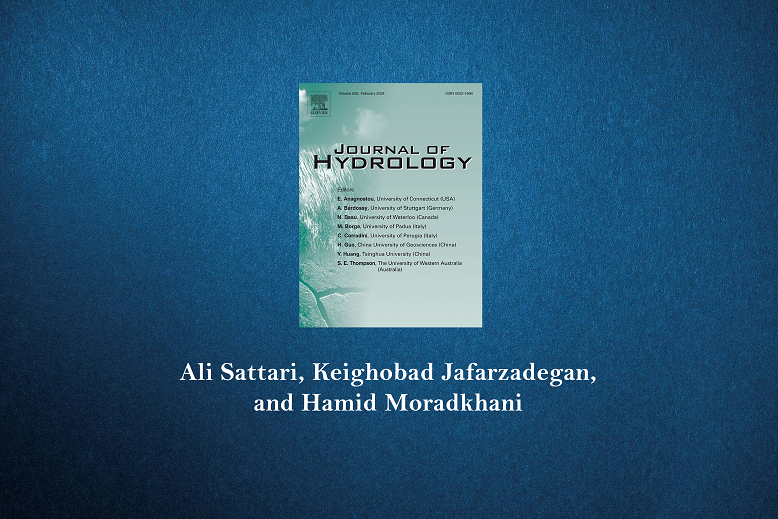This study proposes a two-step probabilistic post-processing approach that combines different machine learning-based postprocessors through the Copula-Embedded Bayesian Model Averaging (COP-BMA) method to improve the performance of a hydrological model for streamflow predictions. The proposed approach serves a two-fold purpose: firstly, it aims to enhance the accuracy of streamflow predictions, and secondly, it provides probabilistic results that implicitly address the structural uncertainty inherent in different postprocessing methods. We validate our approach by applying it to the Conceptual Functional Equivalent, a lumped hydrologic model utilized for simulating extreme floods during Hurricane Harvey. The validation is conducted across twelve distinct watersheds in the Southeast Texas region at both daily and monthly scales. The findings indicate that the proposed framework significantly enhances the performance of the hydrologic model across the studied watershed. Specifically, on a daily time scale, there is a 23% and 53% improvement in the NSE and KGE respectively, while on a monthly time scale, the framework enhances NSE by 21% and KGE by 25%. Additionally, the MAE (cms) was notably reduced from 4.64 to 2.23 on the daily scale, and from 2.8 to 1.65 on the monthly scale….Read more

